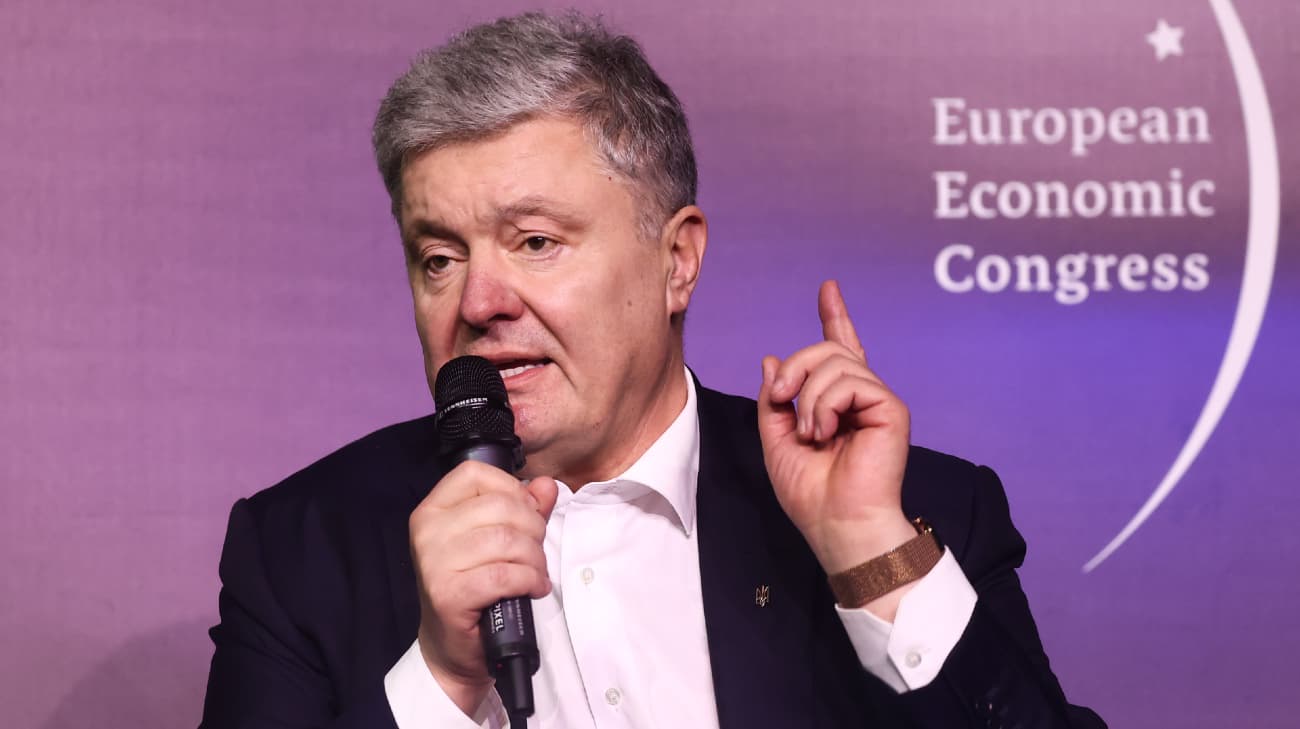“The investigation suspects that the fifth President of Ukraine Petro Poroshenko, while in the post of Minister of Foreign Affairs, was allegedly involved in the preparation of “Kharkiv Agreements” – a document that allowed the Black Sea Fleet of the Russian Federation to remain in Crimea until 2042.”, – WRITE: www.pravda.com.ua
Source: The article of the UP “How are things? What happens to Poroshenko’s investigations”
Details: According to the investigation, Poroshenko, in the post of Minister of Foreign Affairs in the last weeks of his cadence, was allegedly involved in the preparation of the text of “Kharkiv Agreements”.
Advertising:
He headed the Ministry of Foreign Affairs during the presidency of Viktor Yushchenko and was released from his post on March 11, 2010. He worked with Victor Yanukovych for the last two weeks of work in this position, who became President on February 25. At the same time, the agreements themselves signed more than a month after Poroshenko’s resignation.
Surrounded by the fifth president, the accusation is considered politically motivated and “absurd”:
“This is very interesting: it is not Gryshchenko, Demchenko, Levochkin, or anyone else there, and Poroshenko, who was not even in office even then, prepared these” Kharkiv Agreements “. Well, just absurd.”
Within the framework of this proceedings, Konstantin Yeliseyev, the then Deputy Minister of Foreign Affairs and Poroshenko Advisor on international issues, had already taken place.
Also, the Foreign Ministry and other agencies are already receiving requests for the seizure of documents related to “Kharkiv Agreements”.
Reference: Kharkiv Agreements-an agreement between Ukraine and the Russian Federation on the Black Sea Fleet of the Russian Federation in the territory of Ukraine, signed on April 21, 2010 at that time by President of Ukraine Viktor Yanukovych and Russian President Dmitry Medvedev, according to which the period of stay of the Russian Federation in Sevastopol was extended from 2017, will express the objection.
According to the 1997 base agreements, the Russians had to reduce their contingent on the peninsula. Instead, Kharkiv Agreements allowed aggressors to have enough resources to occupy the peninsula in 2014 and for a full -scale invasion of Ukraine in February 2022.
Due to these criminal acts at the end of 2013 – early 2014 in the territory of Crimea and Sevastopol, the number of personnel of the Russian Federation, their military equipment exceeded the established base agreements quantitative levels, in particular in Sevastopol there were at least: 2 thousand 917 people of Maritime, 152. The Russian Federation secretized its technique, to which the Ukrainian leadership did not pay attention to.
The agreement was ratified by the Verkhovna Rada of Ukraine and the State Duma of the Russian Federation on April 27, 2010.
At that moment, Petro Poroshenko no longer headed the Foreign Ministry.
Read also: Yanukovych and Medvedev Agreement on the Fleet Based by 2042. Document text
Recall:
- President Volodymyr Zelenskyy announced in the evening address on February 12, he announced new NSDC sanctions, but did not name.
- The UE interlocutors surrounded by the 5th President of Ukraine, the People’s Deputy of “European Solidarity” by Petro Poroshenko and in the NSDC reported that Poroshenko had been under sanctions.
- The fifth President of Ukraine called the imposition of sanctions on him “a tremendous blow on inner unity.”
- In addition to Poroshenko, businessman Igor Kolomoisky, a billionaire Konstantin Zhevago, former co -owner of Privatbank Gennady Bogolyubov and others included in the sanction list.
- On February 13, President Volodymyr Zelensky approved the NSDC Decision of February 12 on the imposition of sanctions against businessman Igor Kolomoisky, billionaire Konstantin Zhevago, former co-owner of Privatbank Gennady Bogolyubov, 5th President of Ukraine, People’s Deputy of the Victory Benjetar Medvedchuk.
- On May 16, Konstantin Yeliseyev came with searches by staff of the State Bureau of Investigation within the framework of criminal proceedings against the so -called Kharkiv agreements.
